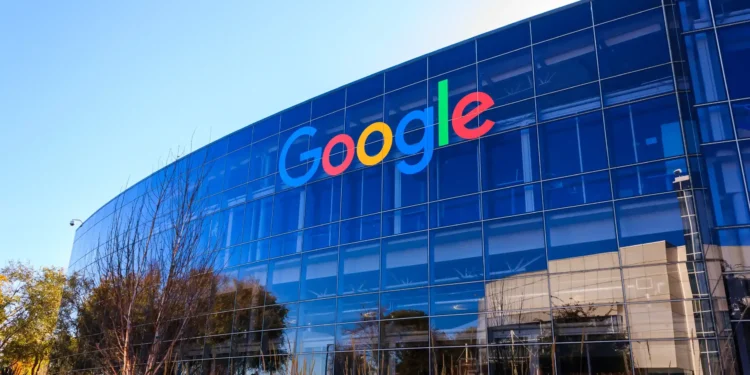In the fast-moving world of artificial intelligence, where competition between giants like Google, OpenAI, and others is fierce, retaining top talent is no easy feat. But what if the answer to this challenge wasn’t offering more money, better benefits, or flashy perks—but rather paying employees to do nothing for a year?
That’s exactly what Google is reportedly doing with some of its AI staff, according to recent reports from Business Insider. The company’s AI division, DeepMind, has allegedly been using “aggressive” noncompete agreements for some of its researchers in the U.K., effectively preventing them from joining competitors for up to a year. But it doesn’t end there—some of these employees are also being paid during this period of enforced inactivity.

While this may sound like a dream come true for some, being on paid leave for an extended period can come with its own set of frustrations, especially for people who thrive in fast-paced, innovative environments. Researchers under these agreements have reportedly expressed feeling isolated and disconnected from the rapid advancements happening in the AI field. The pause in their careers can feel like a costly, forced break from the action, leaving them to watch as rivals push forward.
Noncompetes in the U.K. vs. the U.S.
While the practice of paying employees to sit out a noncompete period might sound like something out of a corporate thriller, it’s not entirely unique. In the U.S., most noncompete clauses have been banned by the Federal Trade Commission (FTC) in an effort to foster innovation and reduce the stifling of talent. However, that doesn’t apply to Google’s London-based DeepMind division, where such agreements continue to hold sway.
The noncompete clauses in the U.K. have become a point of contention, especially as competitors like Microsoft and OpenAI ramp up their recruitment efforts. In fact, according to Business Insider, the situation has gotten so serious that Microsoft’s VP of AI recently posted on X, revealing that DeepMind staff had reached out to him in “despair” over their inability to join other companies due to their noncompete agreements.

Google, when contacted by TechCrunch, declined to comment on the specifics of the situation. However, the company did tell Business Insider that it uses noncompetes “selectively,” presumably to ensure they aren’t overused or to avoid unnecessary backlash.
The Long-Term Impact on AI Researchers
For many AI researchers, the inability to work for a competitor for a year could be a major setback in their careers. While the pay during the noncompete period may be appealing at first, the lack of professional engagement and the rapid changes in AI development may leave these employees feeling disconnected. In a field where progress moves at a lightning-fast pace, being on the sidelines for a year could be seen as a serious disadvantage.
Moreover, being bound by a noncompete clause can also limit personal growth and career progression. Researchers might find themselves unable to learn new skills, explore cutting-edge projects, or collaborate with other brilliant minds in the industry. For those who are driven by innovation and the desire to be at the forefront of technology, such an arrangement could feel like a frustrating pause button on their professional lives.
Google’s Strategy: A Necessary Evil?
So why is Google resorting to such extreme measures to keep its AI talent under wraps? The AI arms race is at a fever pitch, and with competitors like OpenAI and Microsoft aggressively recruiting top talent, keeping researchers tied up with noncompetes may be seen as a way to safeguard valuable intellectual property and prevent rivals from gaining an edge.

While these noncompetes may prevent immediate poaching of talent, they also risk alienating employees who might feel stifled and unappreciated. It’s a tricky balancing act for Google, as they try to keep hold of their experts while also fostering an environment where innovation and freedom of movement are encouraged.
As the battle for AI supremacy continues to heat up, it will be interesting to see if other tech companies follow in Google’s footsteps, or if there will be a pushback against such restrictive practices. Ultimately, the question remains: is paying employees to do nothing a necessary strategy to maintain an advantage, or is it a short-term fix with long-term consequences for talent retention and innovation.










